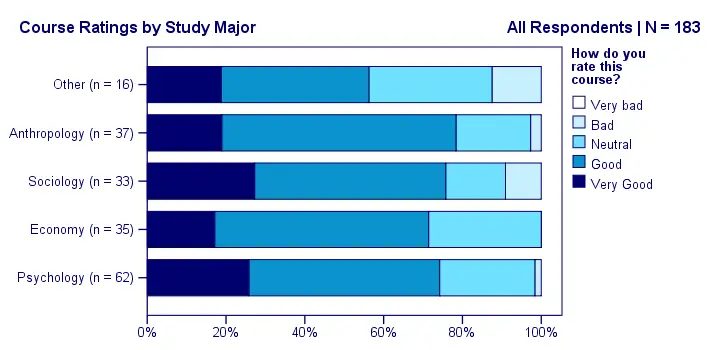


Heuristics: the process by which people find things out for themselves, usually by trial and error, leading to the development of rules of thumb. What follows is a summary of some of the major behavioral finance principles. If we pretend that they do not exist then we will continue to act in a way that is financially self-defeating. Understanding behavioral finance is important because it we are aware of our tendencies, we can set up our financial life to take these tendencies into account. One of the basic assumptions of behavioral finance is that people systematically act in ways at odds with classical rational economic theory not because of simple misinformation but because they are hard-wired to act in a way that minimizes regret and maximizes pleasurable feelings about themselves even if their actions are not in their best long-term financial interests. If it is pointed out to them, they readily admit that they know that they should be behaving differently. It is not that these individuals are not aware of their behavior. Highly intelligent well educated people carry balances on high interest credit cards, keep large sums of money in low interest bearing accounts, fail to save for retirement, and if they do safe, tend to be overly conservative in their investments and overly confident in their assessments of their own judgment. The reality, as any individual knows, is quite different. Classic economic theory is based on the assumption of rationalism, believing that individuals rationally consider all choices available and act to maximize their "utility." Put another way, they always act in their best interests. Behavioral finance is a relatively new field that attempts to understand how people behave as opposed to how they think they behave or how they would be a in an ideal world.


 0 kommentar(er)
0 kommentar(er)
